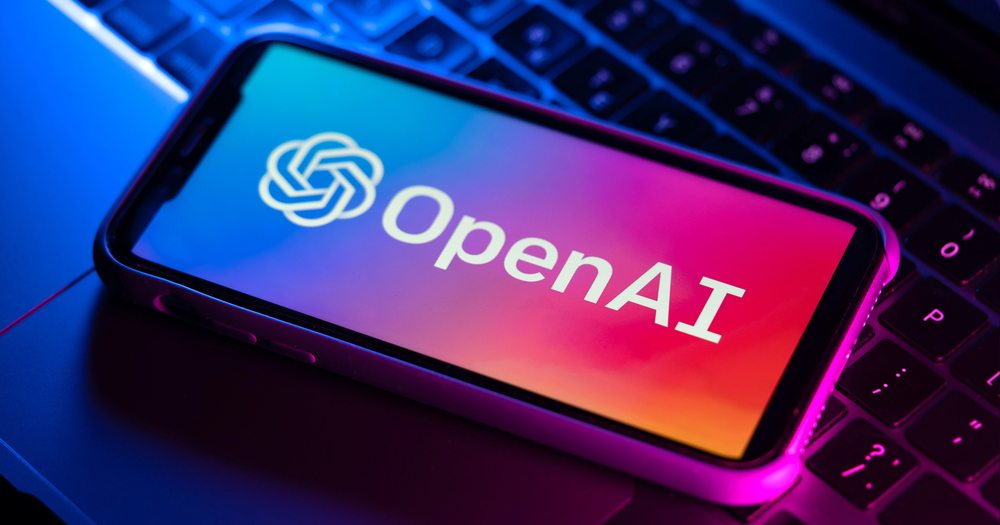OpenAI launches HealthBench to evaluate LLMs’ safety in healthcare

OpenAI has stepped into the healthcare ring with HealthBench, a new benchmarking tool designed to put large language models (LLMs) under the stethoscope. It's not your usual tech benchmark. This one's packed with physician insight and real-world messiness — the kind you'd actually find in a clinic, not a lab. The goal? See how these models fare when the stakes are high and someone's health is on the line.
As OpenAI puts it, evaluations like HealthBench are "part of our ongoing efforts to understand model behavior in high-impact settings."
How does it work?
HealthBench is a gauntlet of 5,000 simulated medical conversations. Each one ends with a user question — a curveball lobbed at an AI model — to test how well it responds. The kicker? These aren't just graded by humans. They're scored using rubrics built by 262 physicians from 60 countries, speaking 49 languages and trained across 26 specialties. Each response is checked against dozens of specific criteria — 48,562 of them, to be exact.
Some of the things these rubrics look for:
- Does the answer avoid jargon and offer useful facts?
- Is the tone right — too robotic or just right for a patient?
- Does it miss something crucial or overreach?
And here's the twist: GPT-4.1, one of OpenAI's own, does the grading. It reads the AI's reply, checks it against each physician-designed standard, and tallies the score. These scores are then compared to what a perfect response should earn. Themes span from emergency referrals to global health to context-seeking in fuzzy queries.
Why does it matter?
Let's be blunt — people are already using AI to ask health questions. Whether it's a weird rash, a worrisome mole, or a medication mix-up, AI is fast becoming a digital second opinion. So, the real question isn't if people will use these tools. It's how safe and accurate those tools are.
OpenAI is trying to draw a line in the sand: no more vague benchmarking, no more cherry-picked examples. This is about rigorous, physician-backed standards that hold models accountable.
"Our findings show that large language models have improved significantly over time and already outperform experts in writing responses," OpenAI noted. But they also made it clear — there's still "substantial room for improvement," especially when it comes to worst-case scenarios and vague user prompts.
The context
This launch doesn't live in a vacuum. It's part of a broader tech-healthcare convergence — and at the heart of it sits Project Stargate, the much-hyped $500 billion mega-initiative that made headlines earlier this year. That flashy press conference with Trump, OpenAI's Sam Altman, Oracle's Larry Ellison, and SoftBank's Masayoshi Son painted a wild vision: AI curing diseases, even cancer. "A cancer vaccine is one of the most exciting things we're working on," Ellison said, brimming with Silicon Valley optimism.
But if Stargate was a moonshot, reality just tossed in some turbulence. Bloomberg reports the project's hitting delays, thanks to U.S. tariffs and skittish investors. Even SoftBank, which pledged a jaw-dropping $100 billion with plans to 5x that in four years, hasn't nailed down how it'll raise the cash.
Still, HealthBench feels like a sober, grounded step in that same direction. Unlike Stargate's lofty promises, it's already here — and live on GitHub. It may not cure cancer, but it's one way to keep AI honest in a field where trust matters more than buzz.
💡Did you know?
You can take your DHArab experience to the next level with our Premium Membership.👉 Click here to learn more
🛠️Featured tool
 Easy-Peasy
Easy-Peasy
An all-in-one AI tool offering the ability to build no-code AI Bots, create articles & social media posts, convert text into natural speech in 40+ languages, create and edit images, generate videos, and more.
👉 Click here to learn more


